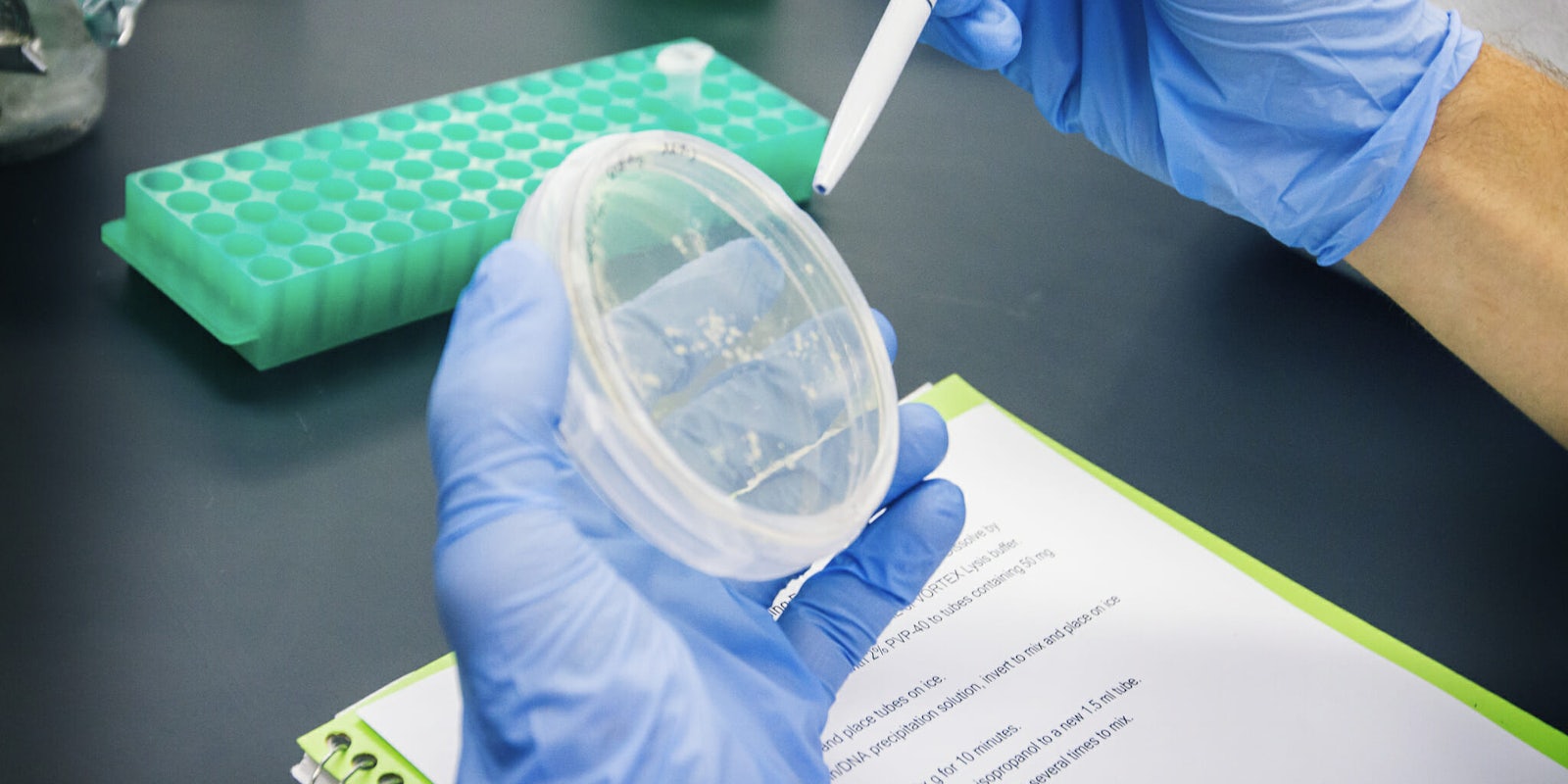A new study released this week reveals that artificial intelligence was more reliable than humans in diagnosing the best treatment strategy for sepsis, or blood poisoning, diseases.
Even though the methods aren’t yet ready for use on human patients, the positive results emerging from the study could prompt real-life trials in the UK.
“The model is not specific to sepsis or intensive care,” Matthieu Komorowski, a PhD student at Imperial College London who headed the research, said in a phone interview with the Daily Dot. “It could be used to any clinical environment where you have lots of data.”
The system, called AI Clinician, looked at treatment strategies from the records of about 100,000 former intensive care patients. AI Clinician predicted the best patient strategy, outperforming the human clinicians.
Sepsis, or blood poisoning, is a potentially fatal complication of an infection, and affects more than 30 million people worldwide every year, potentially leading to 6 million deaths, according to data from the World Health Organization.
AI Clinician learned the best treatment strategy for a patient by analyzing the records of patients who had suffered from the disease to train the machines and identified 48 variables that were relevant to treating the life-threatening complication. Some of these were demographic, such as age and gender, and others related to their treatment. For Komorowski, the study also means that the medical field could benefit from more collaboration between health and computer science professionals.
“The secret recipe to this project is close collaboration between clinician and computer science expert,” Komorowski said. “This is why we succeeded in going further than the current state of the art.”
But the end note of the study comes back to the importance of human-based judgment.
“Physicians will always need to make subjective clinical judgments about treatment strategies,” the study’s authors warned.
Eventually, however, Komorowski believes the science could be precise enough to be led solely by computers: “It is possible in theory that we get enough evidence that the system is working appropriately and we can bypass human steps,” he said. “Just like jetplanes, where pilots are here for safety—most of the time they are not needed, but we’d need more evidence before we can do this.”
H/T Ars Technica


